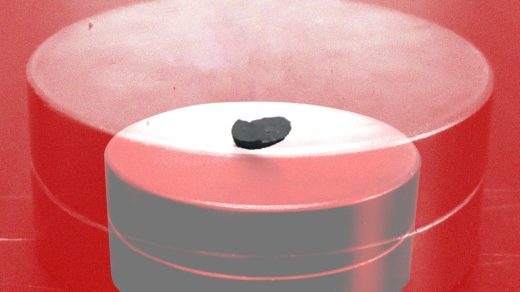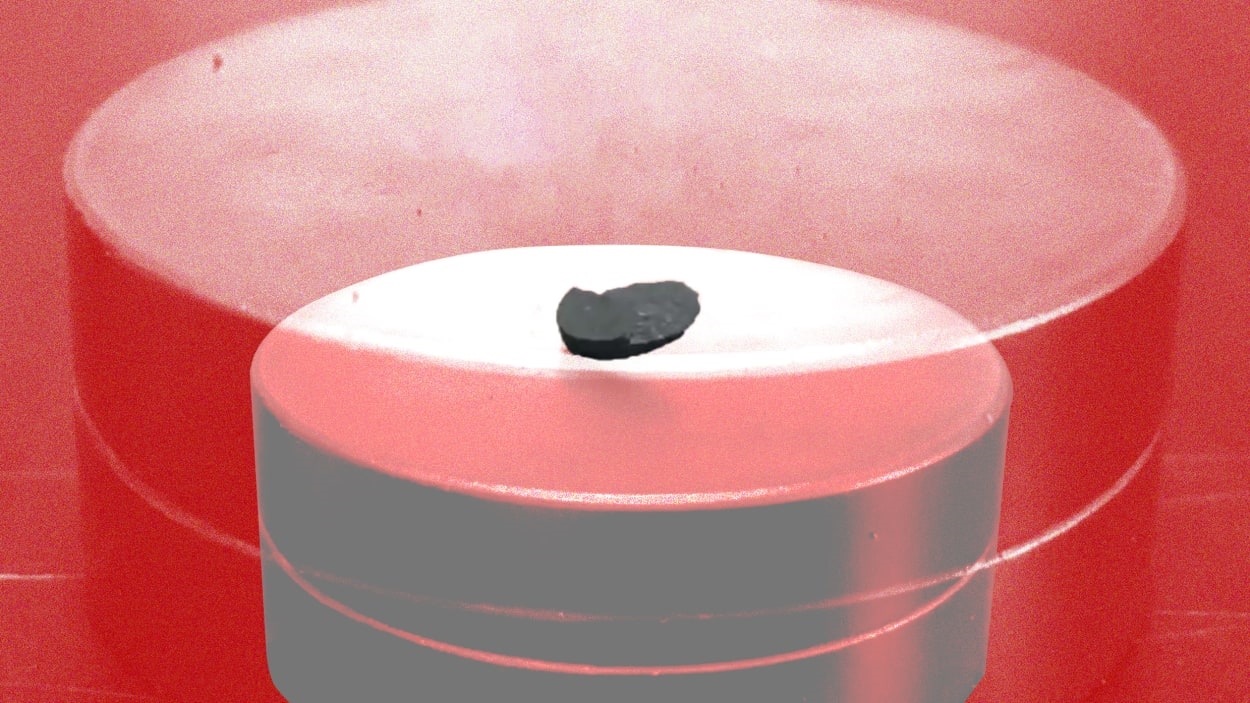LK-99 optimism fades after U.S. researchers cast doubt on breakthrough claims
After being the darling of the internet for the past week-and-a-half, LK-99’s 15 minutes of fame might be coming to a close.
Researchers at the University of Maryland’s Condensed Matter Theory Center (CMTC) have cast doubt on the theory of a room-temperature superconductor, challenging the claims of the South Korean team that they’ve found a way to make a breakthrough material that can conduct electricity with no resistance without having to be super-cooled.
“With a great deal of sadness, we now believe that the game is over,” the team wrote on X/Twitter. “LK99 is NOT a superconductor, not even at room temperatures (or at very low temperatures). It is a very highly resistive, poor-quality material. Period. No point in fighting with the truth. Data have spoken.”
That splash of cold water comes as many people, both professional researchers and amateurs, attempted to replicate the results of the Korean team’s research paper. Some have claimed to do so, but there has been no peer review of their work.
The prestigious National Taiwan University (NTU), in results announced Sunday, said it was unable to replicate the results of the experiment, noting that the material its researchers created had some diamagnetic properties, but did not show any zero-resistance qualities or superconductivity.
The most high-profile of the online testing has been overseen by Andrew McCalip, who builds space capsules as his day job. He announced the results of his experiment Monday, noting that they were far from conclusive.
“Today I delivered the rocks to [the USC Materials Consortium], he tweeted. “Proper scientists will now perform [tests] to get to a quantitative measure of if we’re back, or it’s over. It’s more likely that we made novel (?) magnets, I’m not holding my breath for superconductors. It was always a long shot to hope for a true replication of room temp floating on the first try!”
McCalip theorized that it will take dozens of iterations on the replication process to reach a firm conclusion—and said it could be several weeks before he expects a more conclusive answer from scientists, but did note that the magnetics method of testing that many amateurs have been using to test their results “seems to have too many false positives to be entirely trustworthy.”
That one-two punch has quelled the optimism about the potential life-altering discovery. At the beginning of August, as much as 60% of online wagers at the betting market Mainfold believed LK-99 would result in room-temperature superconductivity before 2025. As of midday Tuesday, that number stood around 18%.
Just (August 21, 2023), Ark Investment’s Cathie Wood added her voice to the supporters, saying she believed there was a 60% chance LK-99 was real. (Ark did not reply to Fast Company’s inquiry on whether her optimism has diminished since then.)
It’s worth noting that, as of now, researchers aren’t entirely giving up hope on LK-99. The NTU plans to continue its experiments. But people hoping to see desktop quantum computers, magnetic trains, and a revamped delivery system for electricity that could significantly reduce greenhouse gas emissions in the near term might need to adjust their expectations.
(29)



